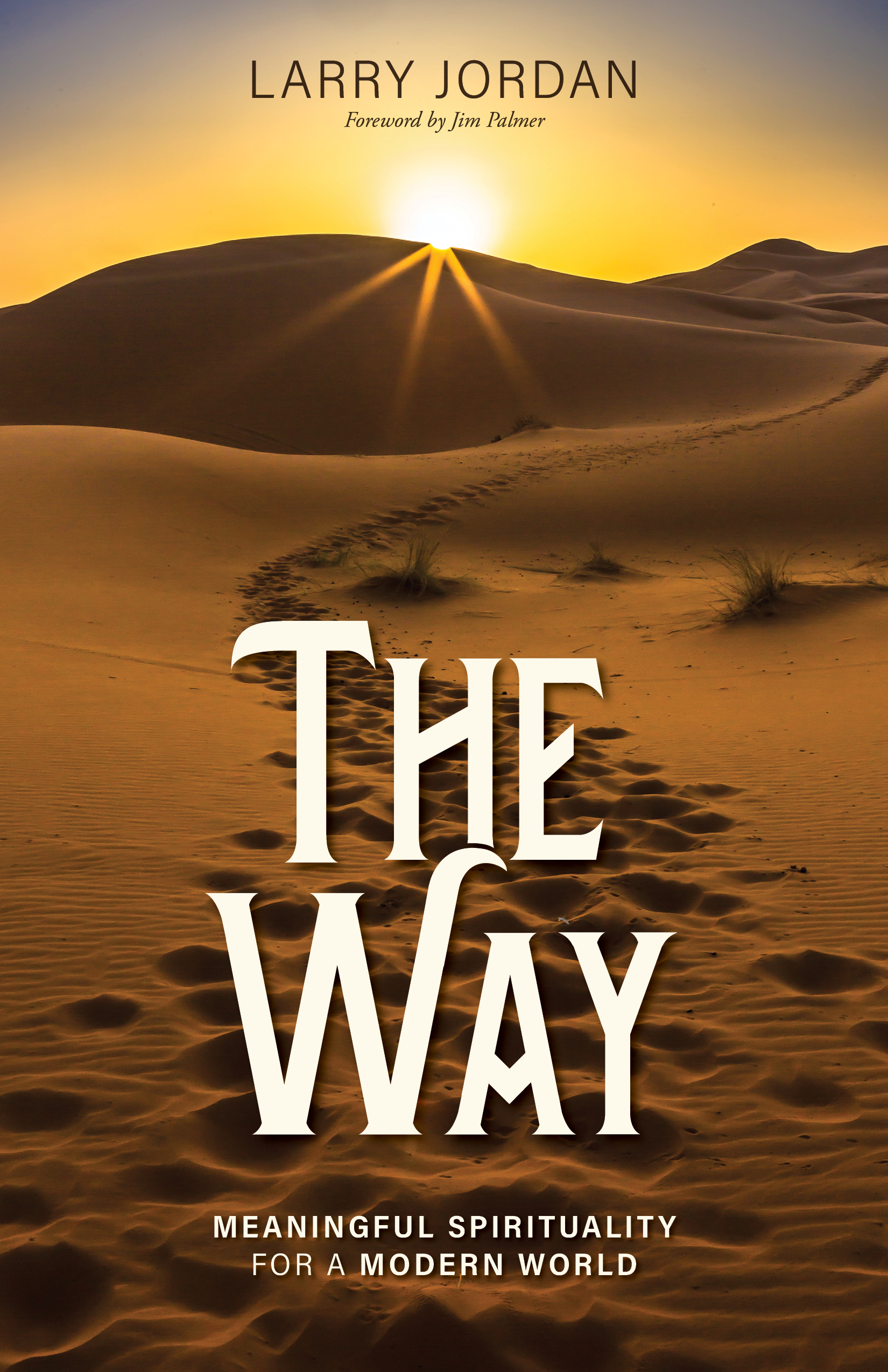Everyone is Agnostic
Everyone is agnostic, but not everyone admits it. Sometimes, we confuse firmly-held beliefs with well-documented facts, but beliefs are not facts.
Some readers describe my book as "Christian, but not too Christian" or "Zen, but not too Zen." I describe myself as "a follower of Jesus with a Zen practice," but all of these labels are oversimplifications, and none of them are helpful.
What is a Christian? Some of my Christian friends are perplexed by the 40,000 denominations in the Christian tradition. "Can't we all believe the same thing?" they lament, which is a polite way of saying, "Can't we all believe what I believe?"
What is authentic or normative or orthodox Christianity?
- Is God a person? Is God three persons? Not all Christians believe that.
- Is everyone stained by original sin? Did Jesus die for our sins? Not all Christians believe that.
- Will all of us be "saved" eventually? Will some of us be subject to eternal conscious torment? Not all Christians believe that.
- Is the Pope infallible? Is the Bible inerrant? Are we justified by faith? Are we justified by works? Not all Christians believe that.
For example, according to the Pew Research Center, one-third of Americans believe in a higher power, but not in the God described in the Bible, including almost one in five Christians in the survey. Aha, so is a Christian who does not believe in the God of the Bible an atheist or a Christian?
I am a deeply spiritual person, but I do not believe in the God of the Bible. In my last church, an elder announced (publicly) that I was NOT a Christian. Honestly, I do not know if I am a Christian or not, but I do know that it is NOT this elder's job (or anyone else's job) to determine that.
Even if I could identify the Christian God from the 40,000 versions of this God that Christians created, am I afraid that this God will condemn me to eternal conscious torment? No, just as I am not afraid that Thor will fell me with a hammer or that Zeus will flatten me with a lightning bolt.
Some God-fearing friends (and some Zeus-fearing friends) are offended by this simple comparison. Do you see the problem with exclusive beliefs? Honestly, if I lay awake worrying about being smited by all of the gods that I do not believe in, I would never get any sleep.
The God of the Bible has not made it so easy to believe in Him. Why has this God remained hidden? Why is there so much evil in the world? Why has so much evil been perpetrated in this god's name? Why can science now explain so many actions that we used to attribute to this god?
Why is the Bible interpreted literally, and why do some interpretations conflict with historical record? Why does so much Christian doctrine entail speculative theology, supernatural beliefs, and statements that marginalize others, such as non-Christians, LGBTQ people, and divorced people?
How are we to live if we do NOT know that the God that we worship is the "real" God? In my opinion, some people throw out the baby with the bathwater. Even if we do not believe in talking snakes or virgin births, we can still love our neighbors as ourselves or turn the other cheek.
Recently, I guested on a podcast, where I paraphrased radical theologian Jack Caputo, "We are supposed to usher in the Kingdom of God, whether we believe in God or not." Isn't that the point, simply being, rather than believing something or doing something?

